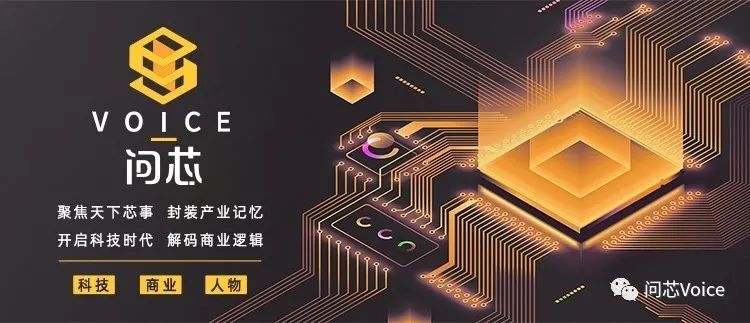
Rising tensions between Russia and Ukraine have once again plunged the semiconductor supply chain into a crisis of material outage. The research agency pointed out that because the United States is highly dependent on Russia and Ukraine to supply key raw materials in semiconductor processes, including palladium (Pd), neon (Ne) and hexafluorobutadiene (C4F6), aluminum, once Russia fully controls exports, it may put the semiconductor supply chain into the risk of material outages.
Palladium (Pd) is mainly used in the production of NAND Flash memory chips, sensors, etc., and 35% of the supply of palladium materials in the United States comes from Russia; Hexafluorobutadiene (C4F6) is a key raw material used in semiconductor etching processes, and the main source is Russia.
Neon (Ne) is a by-product of the steel manufacturing industry, but it is an important raw material for the use of lasers in the manufacturing of chips, and both deep ultraviolet light (DUV) and extreme ultraviolet light (EUV) machines in lithography machines are used, but neon accounts for a very low proportion of the total production. Mainly in the United States, 90% of the neon depends on Ukrainian supply, and if the supply of Ukraine is interrupted in the future, it will cause short-term price inflation.
Russia is also the world's leading supplier of aluminum, widely used in passive components, terminal applications are in power supplies, servers, automobiles, 5G base stations, NB notebooks and other fields, geopolitical conflicts may cause large fluctuations in the price of raw materials.
White House officials revealed that if the Russian-Ukrainian conflict heats up, part of the preparations should be carried out in cooperation with enterprises, in case the Russian side takes action to block the supply chain, the relevant enterprises should be prepared, and if necessary, they should help them disperse the source of supply.
SEMI Vice President of Global Public Policy, Pasiti, also wrote to members to assess the risks of supply chain exposure to key chips and to see if companies are concerned about possible supply chain disruptions.
The United States will also intervene, revealing that sanctions and export controls on key sectors of russia's economy will not be ruled out.
U.S. sanctions against Russia could cover large-scale financial, technical, and military sanctions, including cutting off global transactions at Russia's largest financial institutions and imposing embargoes on U.S. technology used in defense and even consumer industries.
In terms of technical sanctions, especially the focus, the United States will focus on sanctions against Russia, including artificial intelligence, quantum computing, defense departments, aerospace industry and other fields, if the sanctions come true, copying the original sanctions against Huawei, Russia will suffer a lot in the development of these industries.